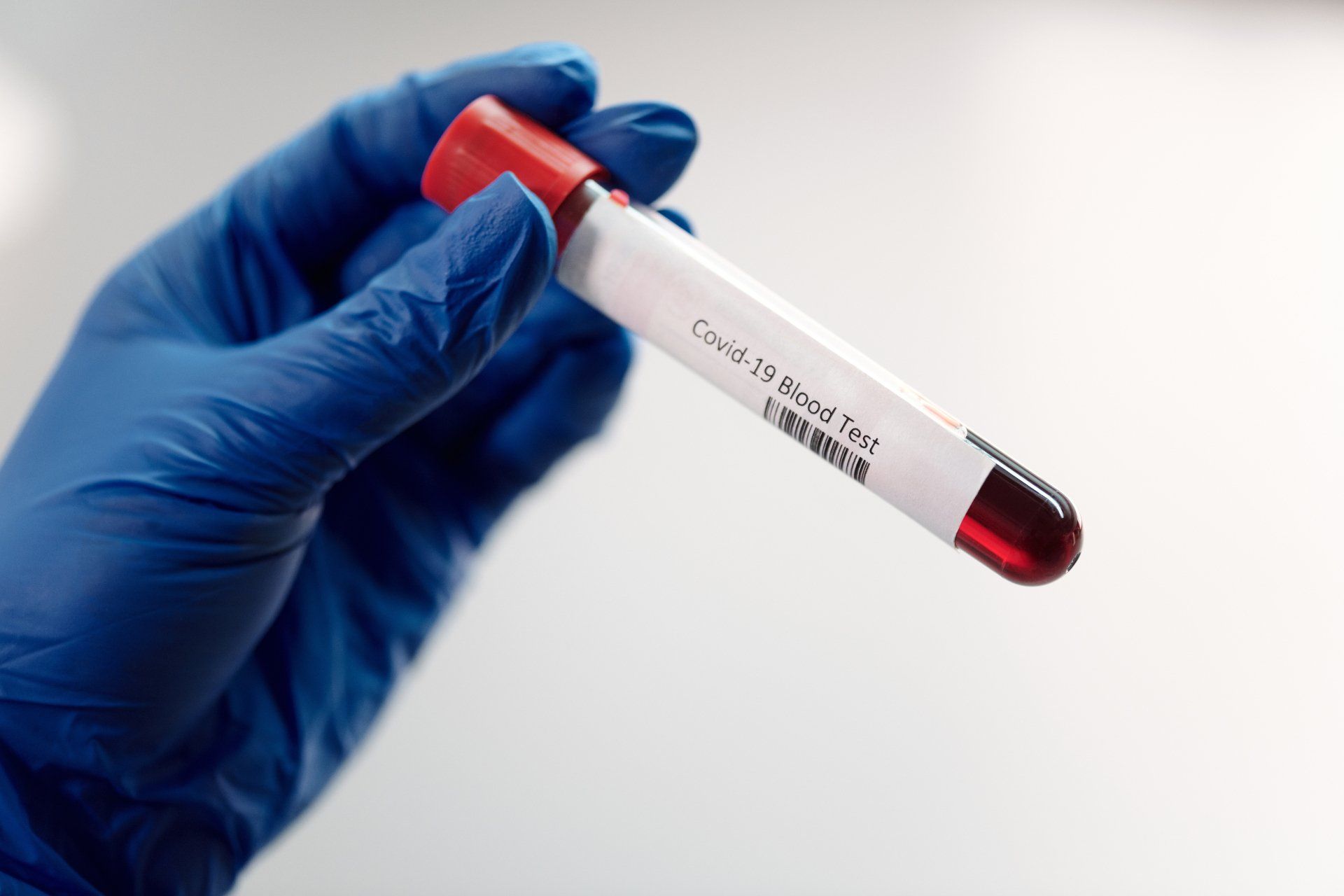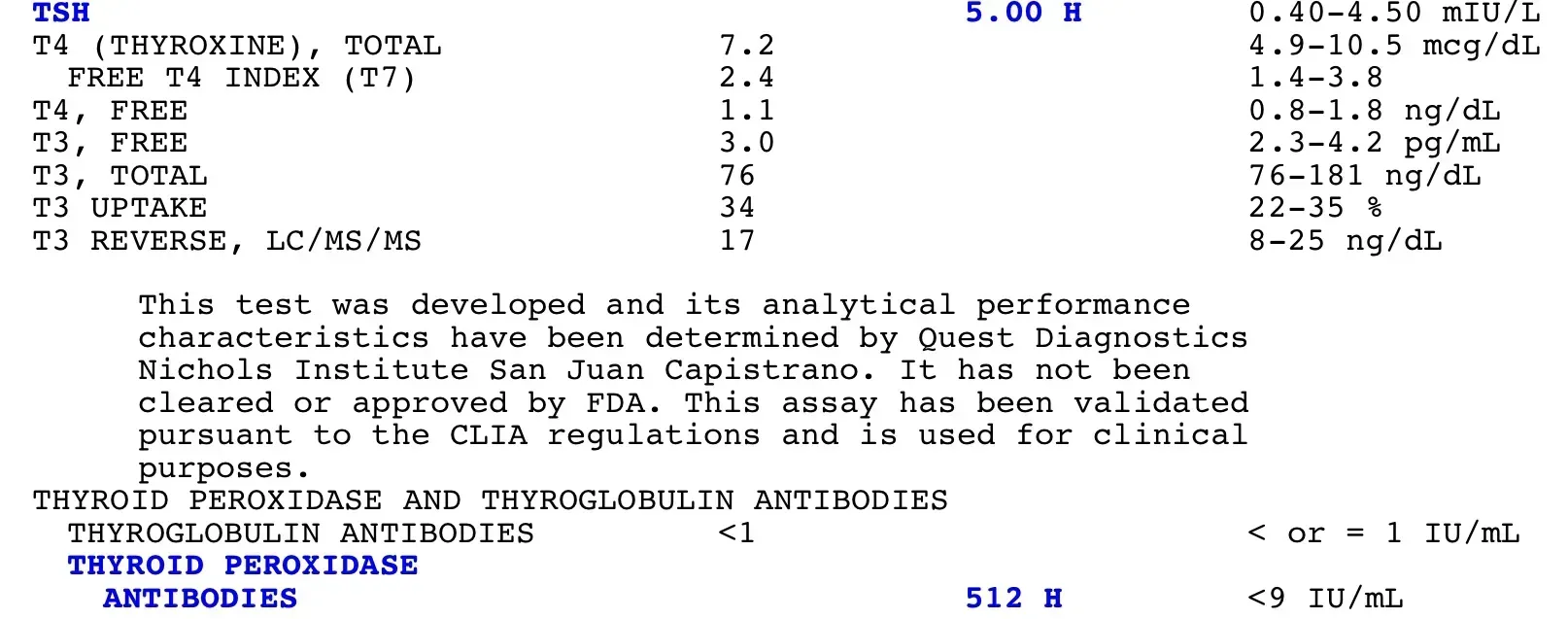You’ve gained a few pounds, have been feeling pretty anxious, and feel exhausted all the time. You hit up the internet, and come to the conclusion of: “Oh, something is wrong with my Thyroid!” Hopefully that internet source tells you to ask your doctor for more information and about potentially running some bloodwork for your thyroid. You meet with your doctor, tell them your symptoms, and they say: “Ah, it’s your thyroid! Let’s run some tests.” Hallelujah! You visit your doctor when the results come in, and they say: “Your TSH came back normal, so your thyroid is fine.” Well darn. Now you feel pretty defeated.
But wait, what if your thyroid isn’t ‘fine?’ What if your doctor is missing something? What if they should have run more than just TSH? That begs the question, what is TSH, and, if they should have run more markers, what other markers are there? What’s making me struggle to lose weight and feel so anxious and tired?
Thyroid Lesson
The thyroid is a butterfly shaped gland located at the lower portion of your neck, and is responsible for producing thyroid hormones (T3 and T4). These hormones play a pivotal role in your metabolism and cognitive function.
TSH (Thyroid Stimulating Hormone) is itself a hormone, produced within a region of your brain called the Pituitary Gland. It is responsible for telling your thyroid gland to make T3 and T4 (hence the word ‘stimulating’ in the name). Once enough thyroid hormones are produced and available for use within the blood, the Pituitary Gland senses these rising levels, and TSH will start to come back down. This is what’s referred to in physiology as a negative feedback loop, i.e., where the presence of one hormone (T3/T4) causes another hormone’s levels to go down (TSH). Vice versa for low levels of T3/T4 causing greater production of TSH. Think of TSH as ‘whipping’ the thyroid gland to make hormones when there is not enough T3/T4 available.
What’s interesting is that the thyroid produces anywhere from 85–90% T4, and 10–15% T3, yet T3 is the active hormone (the hormone our cells use). T3 and T4 can also be measured on bloodwork. The thyroid also has many enzymes that assist with hormone production, one of which is Thyroid Peroxidase (TPO). If you’ve had blood work done before you may recognize this enzyme, as TPO antibody levels can be used to assess thyroid autoimmunity (more on this to come).
The Lowdown on TSH
Maybe 20 million Americans suffer from some sort of thyroid disorder. Nearly 5% have Hypothyroidism (not enough thyroid hormone), and 1.3% have Hyperthyroidism (too much thyroid hormone) (1). In the world, the most common cause of Hypothyroidism is iodine deficiency, but, in the United States, the most common cause is due to autoimmunity to the thyroid gland, Hashimoto’s. The best way (most sensitive) to test for thyroid autoimmunity is to test those TPO antibodies we talked about before (1).
However, the first test doctors go to for detection of any thyroid problems is TSH. This is because TSH changes more rapidly than Free T3 and Free T4. For example, a 2-fold increase in free T4 will result in an 100-fold change in TSH (2). While small changes in TSH bring about very small changes in T3 and T4. It’s also partly a cost issue. Anecdotally, I’ve had several patients who’ve been told by their primary care physician, “Your insurance will only cover me running TSH.” Can’t say I blame patients for only having labs done that are insurance-covered.









